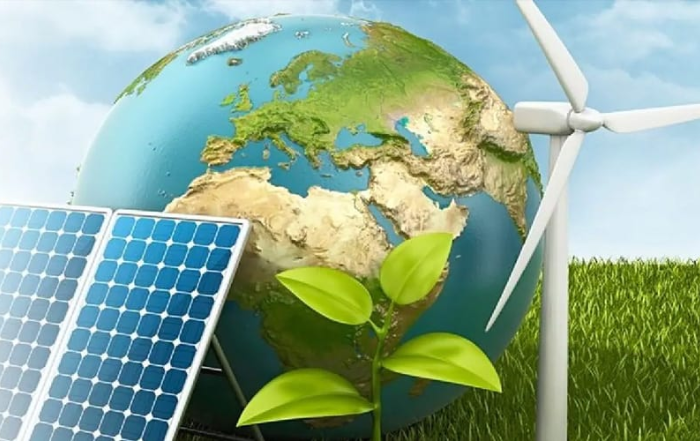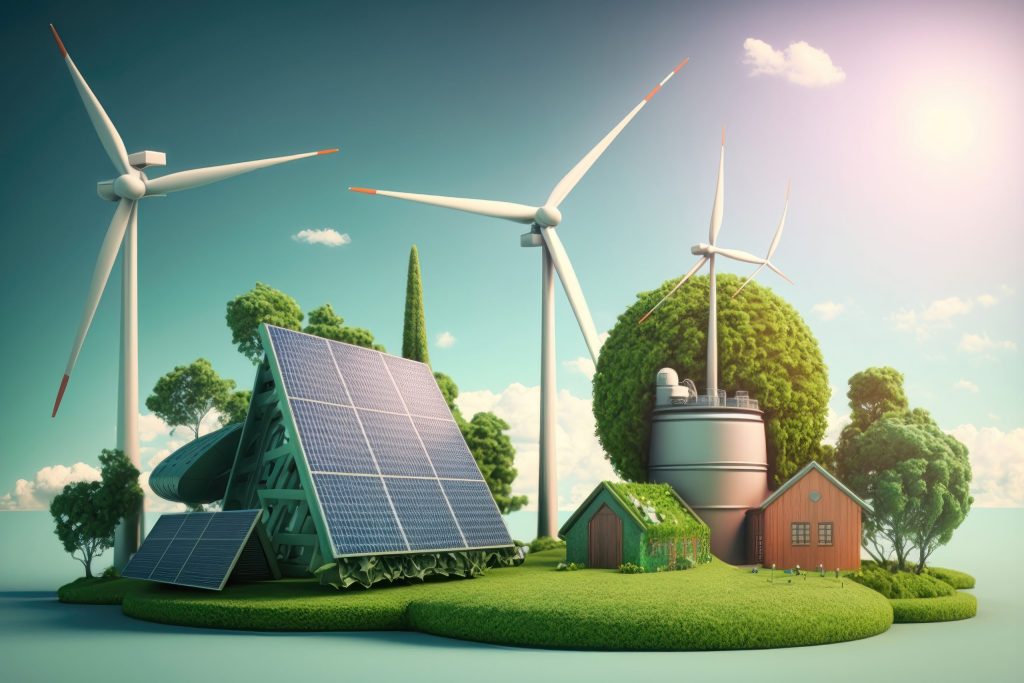In recent years, the world has seen a significant shift in the energy landscape with renewable energy playing an increasing role. An intricate matrix of environmental, economic, and geopolitical factors has urged this transition, facilitating the overwhelming growth of renewable energy. This upswing highlighted in the statements like “The Evolution and Upcoming Progress of Renewable Energy” is not just an inspiring observation but an historic evolution.
The Changing Patterns and Future of Renewable Energy
The past decade witnessed the remarkable upsurge in renewable energy adoption, driven by its increasing cost competitiveness with traditional energy sources. In particular, the market dynamics of solar power and wind energy, the two stalwarts of renewable power, have drastically transformed. The once expensive and unattainable renewables have now become a feasible energy option even in economies tied heavily to fossil fuels.
Wind and solar have brought an unprecedented shift in the global electricity generation pattern, contributing a significant share to total electricity consumption. Thanks to the advancing renewable energy technologies, solar panels and wind turbines continued to penetrate power markets around the world. Thus, the impact of renewables on the global energy architecture has been palpable, especially in the United States where growth of renewable energy became a key focus.
The Role of Cost In The Growth Of Renewables
Transition From Fossil Fuels To Renewable Energy
The skeptics of renewable energy have often pointed out its high cost as a significant barrier to widespread adoption. However, with enhanced efficiency, economies of scale, and technological advancements, renewable energy sources have demonstrated a remarkable cost-competitiveness with fossil fuels. In terms of power generation, solar PV and wind power are among the least expensive energy sources for electricity generation, enabling many countries to diversify their energy sources.
The Influence of the Covid-19 Pandemic on Renewable Energy
The advent of Covid-19 pandemic has presented a unique opportunity for the renewable energy industry. Despite the widespread economic slowdown, renewable electricity continued to show resilience, reflecting its key role in low-carbon, resilient economic recovery models. Investments in renewable power capacity remained robust, emphasizing the persistent growth of renewable in the midst of global crisis.

The Economic Impact of Renewable Energy: Job Creation and Health Benefits
The Benefits of Investing in Renewable Energy
The economics of renewable energy have become increasingly favorable. Clean energy transition not only contributes to energy efficiency but also promotes job creation, offering millions of jobs in the solar and wind industry. Moreover, renewable energy significantly reduces greenhouse gas emissions, with solar and wind capacity expansions substantially contributing to the global goal of net zero emissions. In essence, investing in renewable energy brings about a range of socio-economic benefits, fostering sustainable economic development.
Jump-Starting the Renewable Energy Transition: A Net Zero Prospect
The dialogue on energy transition has evolved around not if, but how fast this transition can be. An accelerator in this transition is the universal commitment to net zero targets, a global initiative for drastically reducing greenhouse gas emissions. The vision integrated under net zero prospect resonates a future highly dependent on renewable power, led by leaders like the International Energy Agency (IEA) and the U.N.
How Renewable Energy Is Shaping a Safer Future
Topics on Renewable Energy: Climate Change and Agroecology In Action
Renewable energy serves as a prime solution to mitigate climate change and promote environmental sustainability. It empowers communities, enhances energy security, and paves the way for a safer, greener future. The climate challenge drives the energy transition and it’s crucial for global leaders to seize this moment to accelerate the transition.
In summary, renewable energy, particularly solar and wind, have emerged as game changers in the global energy paradigm. The compelling economics coupled with escalating environmental pressures signal a promising future for renewable energy growth. Embedding renewable energy in our everyday lives is key to achieving a sustainable, net zero emissions future. Thus, clean energy transition inherently embodies a overall societal transition, shaping a future in harmony with the planet.
